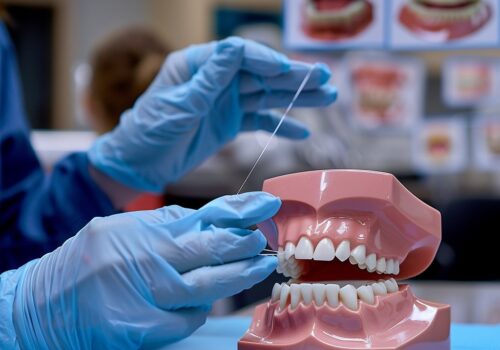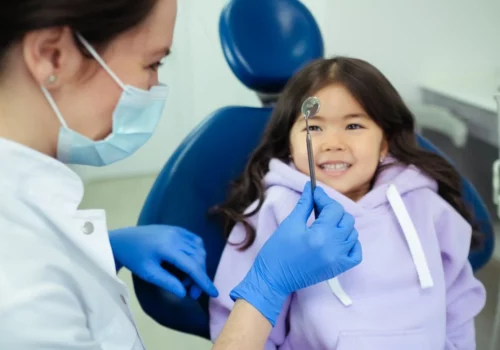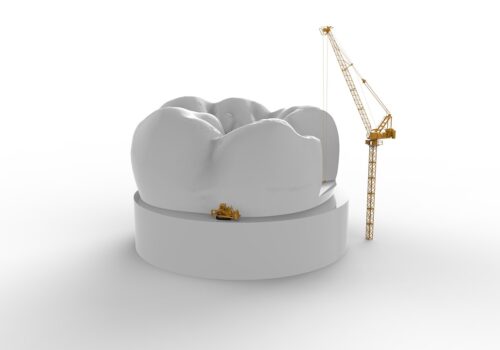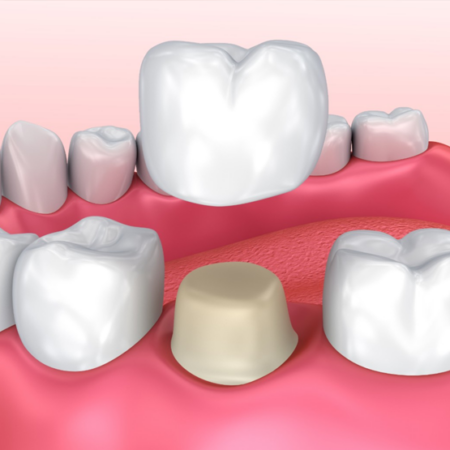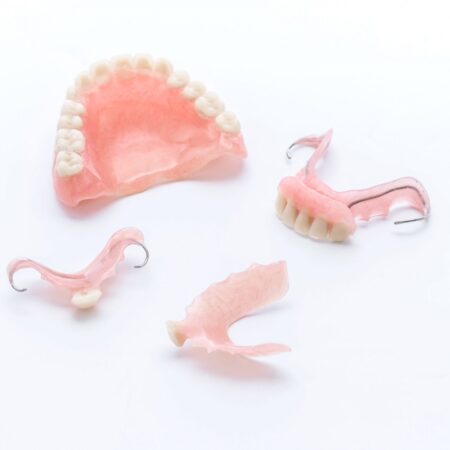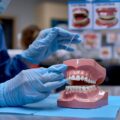Dental Specialist: Which Professional Treats What?

If your dentist has recently told you that they want to refer you to a specialist, you most likely have questions about what this dental specialist does! Your general dentist and dental hygienist are the primary care providers for your basic dental needs. These include bi-annual checkups and routine cleanings. But, sometimes, you need specific dental treatments that require the attention of a specialist. So you may be wondering, what is a dental specialist, and what are the different types?
There are various specialties within dentistry. Most receive the same undergraduate education and graduate from accredited dental programs. Once licensed as dentists, they continue their education for two to four years to achieve recognition as dental specialists. Check out these dental professionals to learn more about who your general dentist may refer you to and why!
Periodontists
You probably consider your general dentist and dental hygienists to be the keepers of your oral health. But did you know there’s a whole specialty related to the care of the structures surrounding your teeth? Periodontists study and treat conditions that affect the teeth’s stability. The bone, gum tissue, and ligaments in your mouth all play vital roles in holding your teeth in place, so they must be protected. When you get gum disease, also known as periodontal disease, it can advance to a stage that requires surgery. That’s where periodontists come in! They also complete root planing and scaling procedures and manage dental implants, as noted by the American Academy of Periodontology.
Pediatric Dentists
These dentists research, advocate for and promote oral health for children. They specialize in working with children and teens below 18 and people with special needs. They’re like general dentists in that they provide the same type of services, like checkups and cleanings, but for kids. To keep their visitors engaged and happy through their dental experience, pediatric dentists usually decorate their offices in fun and playful ways. Maybe we should ask our general dentists to get back to the fun decorations too!
Endodontists
Endodontics is the field that studies the blood and nerve supply within the roots of our teeth. This tissue (dental pulp) sometimes needs unique treatments to eliminate infections or repair injuries. Root canals are the most common procedure that endodontists perform.
Orthodontists
Orthodontists work to align your jaw and straighten your teeth to improve their function and longevity. You may have already visited one as a child to get that beautiful smile with straight teeth you have now! These specialists aid in the growth of your mouth and jaw through various orthopedic devices. They specialize in braces, retainers, aligners, and headgear. Many of us see an orthodontist for a few years when we need to straighten our teeth, whether as kids or adults.
Prosthodontists

Prosthodontists specialize in preparing and making various tooth-replacement restorations. They receive an extra few years of training to work in this field. You may go to a prosthodontist if you’re looking to restore or repair your smile with dentures, bridges, or implant crowns.
Dental Hygienists
As mentioned above, dental hygienists and general dentists work as a team to take care of your general oral health. Dental hygienists are often your first line of defense for fighting tooth decay and gum disease! They remove plaque (biofilm) at your bi-annual appointments and provide the essential knowledge of teaching you how to take care of your oral care at home. They offer a wide range of services that vary from state to state.
Oral and Maxillofacial Professionals
While this grouping of specialists sounds like a mouthful, what they do for your smile is more straightforward. They assess and diagnose diseases that occur in the face, mouth, and neck. They also create and complete treatment plans for these diseases. Three significant concentrations within the field of oral and maxillofacial dental professionals include:
Oral pathologists specialize in injuries in the head and neck. They identify, manage, and sometimes treat these diseases. For example, if your general dentist finds a lump or bump in your mouth or jaw, they may refer you to an oral pathologist. The pathologist will then meet with you for an assessment and further testing.
Oral radiologists
Oral radiologists interpret dental X-rays to diagnose specific head and neck conditions. Think of them as similar to medical radiologists. They use radiant energy to produce and analyze radiographs to detect disease.
Oral surgeons
Oral surgeons are tooth extraction specialists. While this may not be your favorite specialist to visit, they perform vital functions! They focus on implants and facial surgeries, devise treatment plans, and create prostheses for patients who lose parts of their mouth, head, neck, or jaw. While this definition may sound alarming at first, oral surgeons provide even the most routine surgeries, like wisdom tooth removal!
The field of dentistry has dramatically improved and diversified over the past decades. With these various specialties, you’re able to see a trained dentist specialist who focuses on the specific issue at hand. Their goal is to collaborate, research, and advance the art and science of dentistry. And above all, they know that preventing disease and improving your oral health is the most important work they can do.




